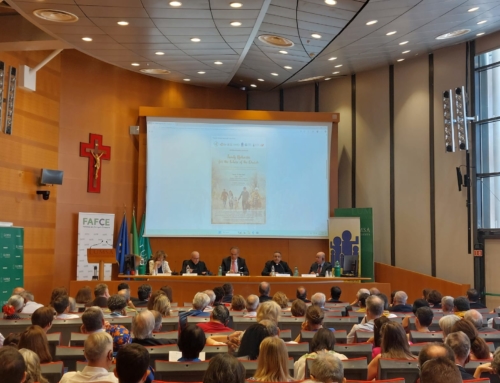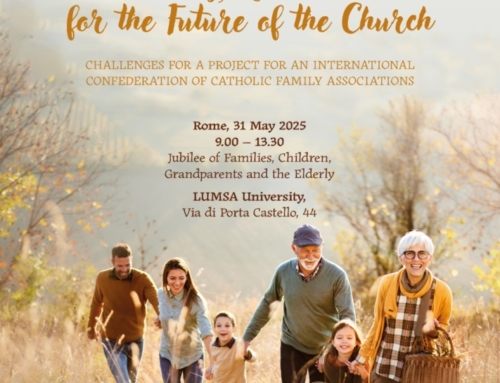25th of February 2022,
On February 17th, 2022, the European Parliament adopted a resolution on ‘A statute for European cross-border associations and non-profit organisations’, tackling the effectiveness of the freedom of expression for the European civil society, far from being assured, even in Europe.
Europe is often portrayed as a space of freedom for civil society. Yet, the European Parliament recalled last week the “hindrances faced by non-profit organisations across the Union, and at disparities deriving from national laws, regulations or administrative practices or policies; points out that this may negatively affect civil society, unduly restrict fundamental rights, especially the freedom of association, of expression, and of information”.
As a sticking example coming from the European Parliament itself, the Women’s Rights (FEMM) Committee of the European Parliament held on the 10th of February 2022 a public hearing on ‘Countering the anti-gender movement today to secure a gender equal Europe tomorrow’. The event saw a violent attack against European NGOs portrayed as “anti-gender” and “anti-women”, mainly because their work was based on Christian values. Neil Datta, Secretary of the European Parliamentary Forum for Sexual and Reproductive Rights (EPF), presented these NGOs as not “sharing the same human rights”, and who should therefore not be “granted access to decision making institutions.” During the hearing, MEP Margarita De La Pisa (ECR, Spain) answered to that: “I am, under your criteria, considered to be anti-gender. Should I dis-activate myself, be eliminated from this hearing? I don’t think it seems to be very democratic in nature. Those who respect natural law are part of this society as well. We are pro-human dignity, pro-human beings, pro-human rights”. Indeed, should FAFCE, its Member Associations, and all the other people and organisations having the same opinions, be banned from public life?
However, as stated by the aforementioned European Parliament’s resolution exactly a week later, “the Union respects the status of churches, religious organisations or communities, as well as philosophical or non-confessional organisations under national law; underlines that this does not preclude organisations whose values and aims are informed by a religious, philosophical or non-confessional belief, such as faith-based, charitable non-profit organisations, from benefitting from the scope of those proposed instrument [of European cross-border NGO]”.
The public hearing organised by the European Parliament FEMM Committee also saw the strong condemnation of any foreign and EU funding of Christian NGOs, although the speakers of the event themselves were working from NGOs receiving much more foreign and EU funds.
This situation demonstrates a worrying double-standard allowed by some political leaders and institutions, based on the one-sided perception of legitimate or non-legitimate values. Such position raises confusion, as the European Parliament also stated in its recent resolution that “arbitrary and politically motivated discrimination based on the objectives and the activities of non-profit organisations, as well as on the sources of funding, hinders the freedom of association and therefore is a threat to the freedom of expression”.
FAFCE repeatedly expressed its concerns when it comes to the freedom of expression of its Member and Associated Organisations and of civil society in general within the EU dialogue, also connected to religious freedom. As stressed again by the resolution, “non-profit organisations are instrumental for democracy and policy making at all levels: they promote and work for the public good, they are part of the checks and balances necessary for the rule of law, and they are drivers for civic engagement”.
The EU motto, “united in diversity”, is at the core of the European values, and as mentioned in the text, there is a “need to ensure an enabling environment for non-profit organisations, respecting their plurality and understanding organisations for the public benefit as contributing to both providing services on the ground, but also advocating for the public good and monitoring public policies”.









